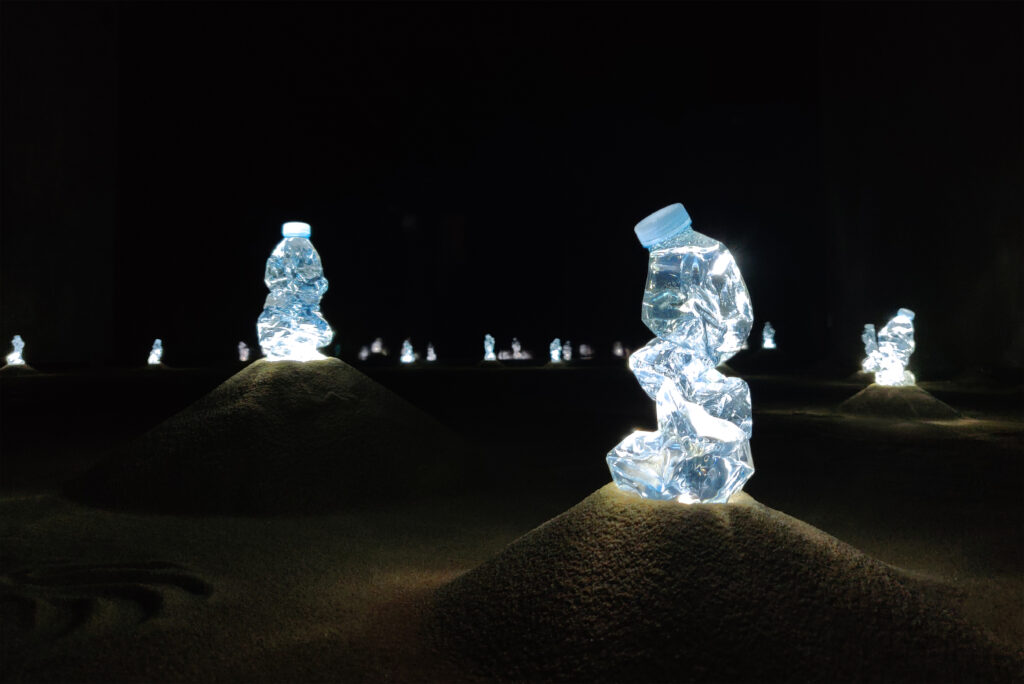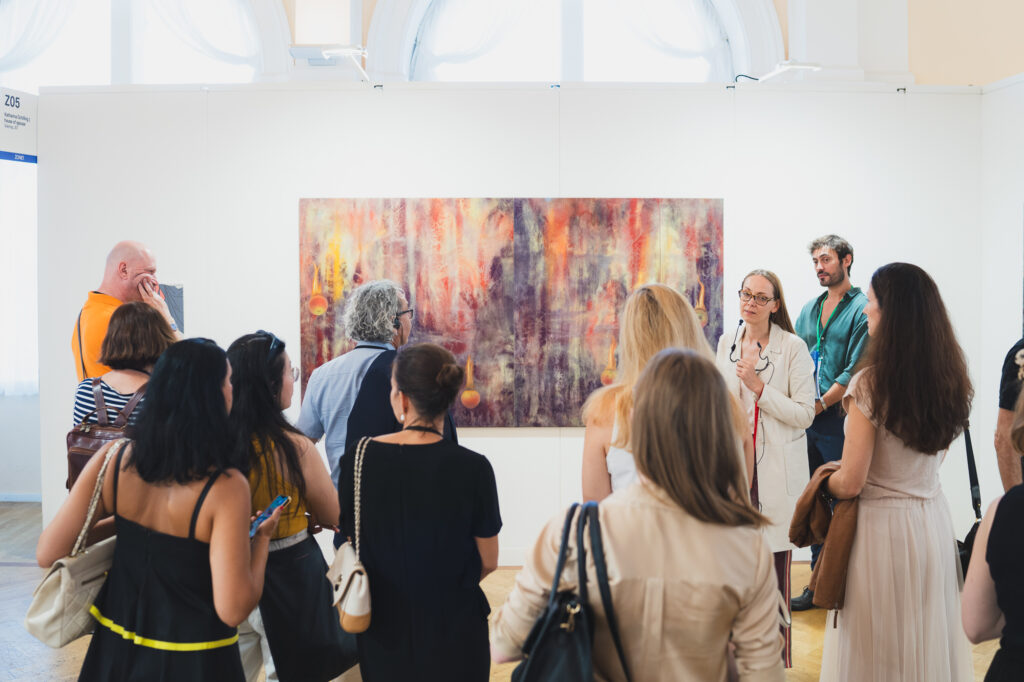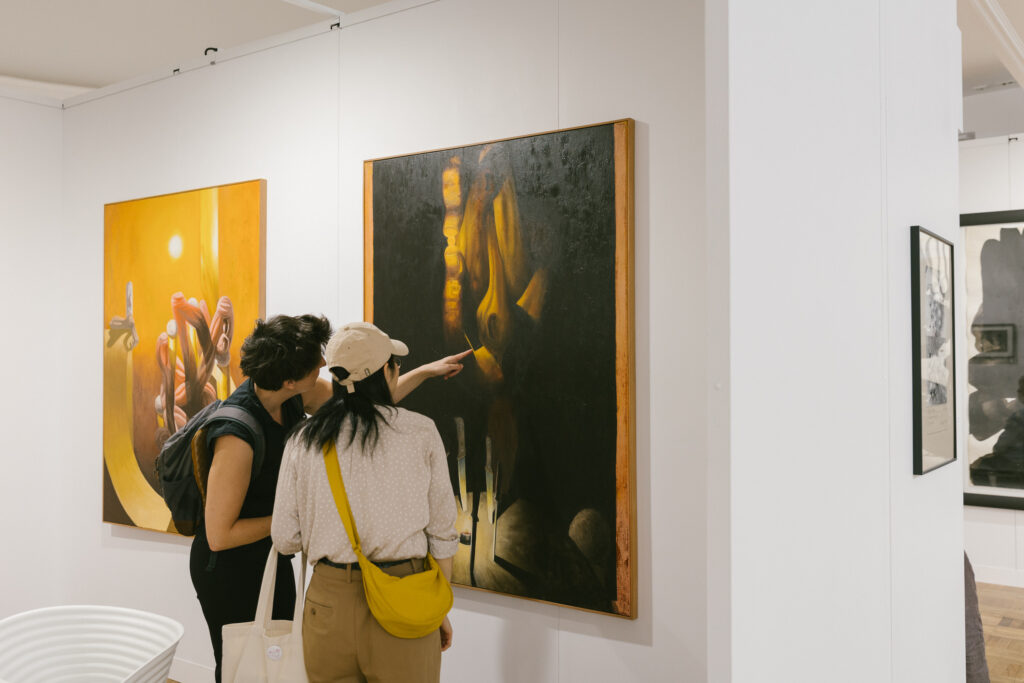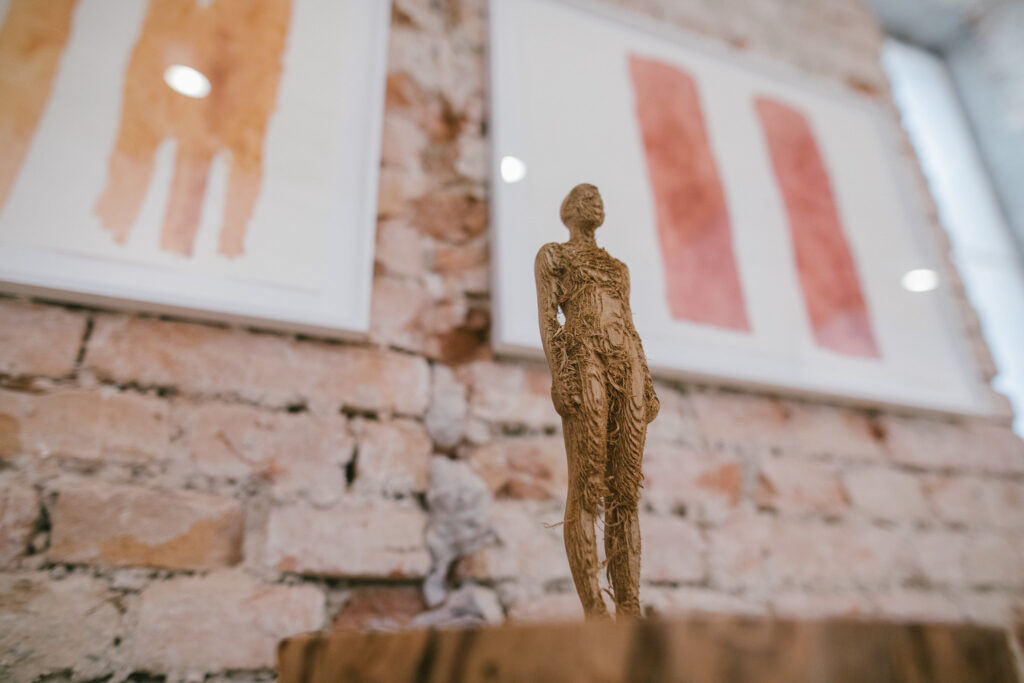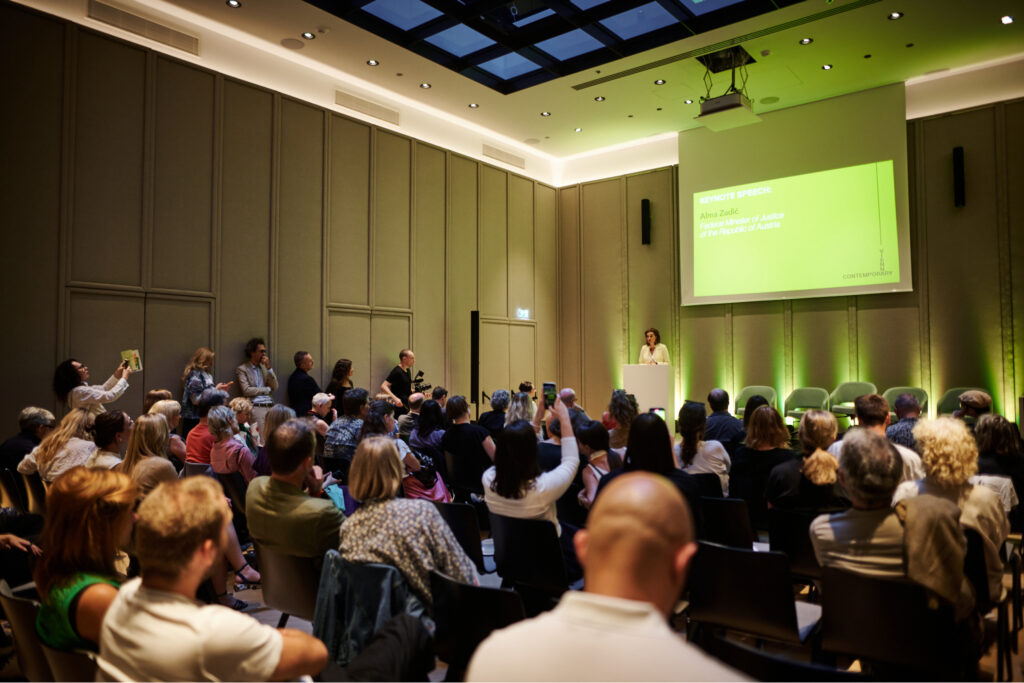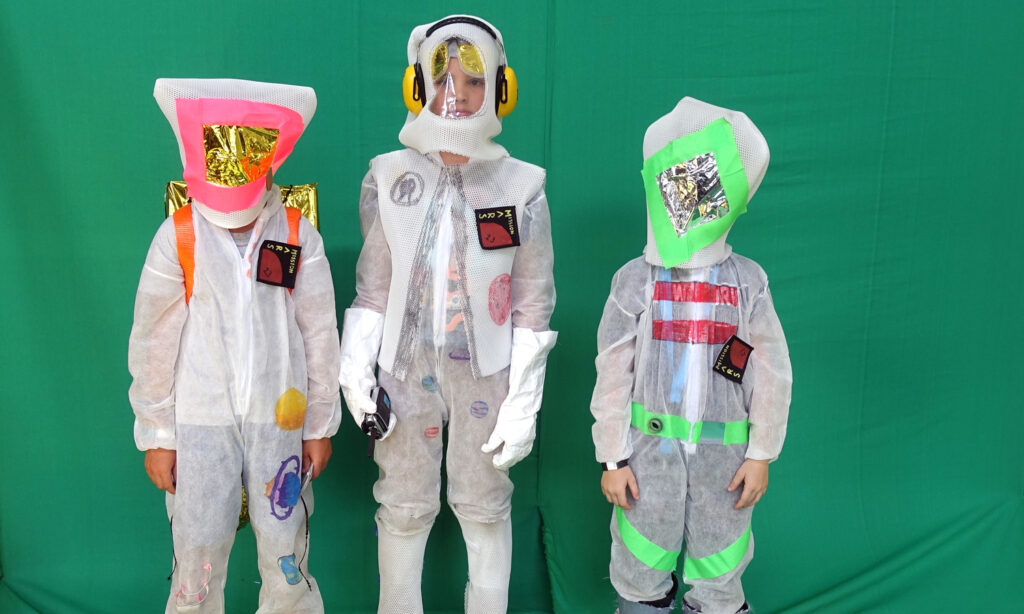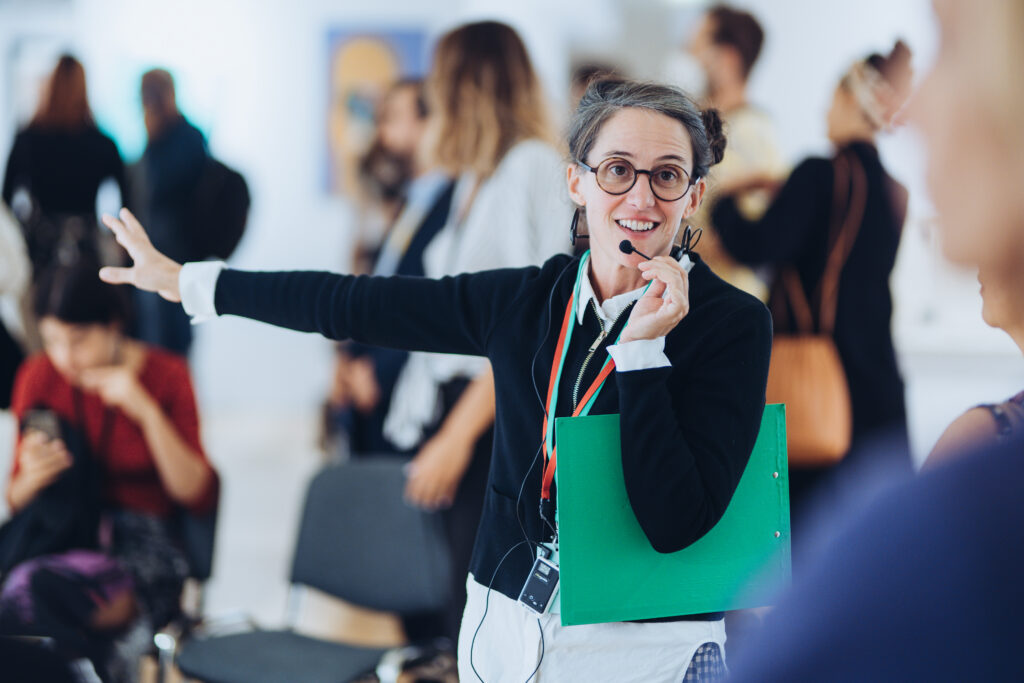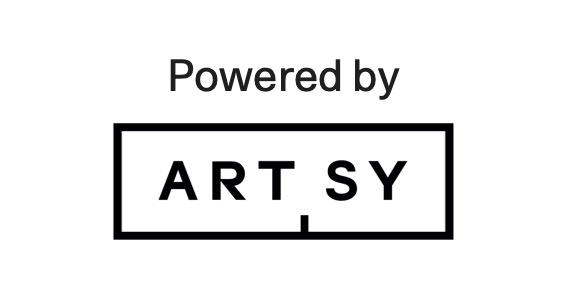Program 2024
VCT STATEMENT: ENERGY
In 2024, VCT STATEMENT circles around the most pressing issue of our time: Energy. In two high-end international panel discussions titled Nexus Thinking and the special exhibition The Color of Energy, the special program of viennacontemporary aims at fostering meaningful dialogue on sustainability through the lens of art.
ZONE1
Discover the fair’s section focusing on emerging talents with a connection to Austria, curated by Bruno Mokross.
CONTEXT
Discover CONTEXT, the new section of nine curated individual presentations by artists from the late 20th century, focusing on Central and Eastern Europe.
KIDS PROGRAM
Kids research, think, and work out together what is needed for a successful launch and subsequent life in space. Recommended for kids from ages 5-10 Free of charge
Guided Tours
viennacontemporary invites its guests to dive deeper into the art world with the help of special tailor-made private and public Guided Tours. Both public and private tours are offered in English and German.
New Collectors Program – Powered by Artsy
Art professionals are at your side with advice at the New Collectors Program Desk and provide fundamental tips on how to begin your own collection even on a low budget and help filter works by budget, style, or geographic criteria to compile a list of personal recommendations.
Calendar
Topics:
TALK
12. September
13. September
- TALK
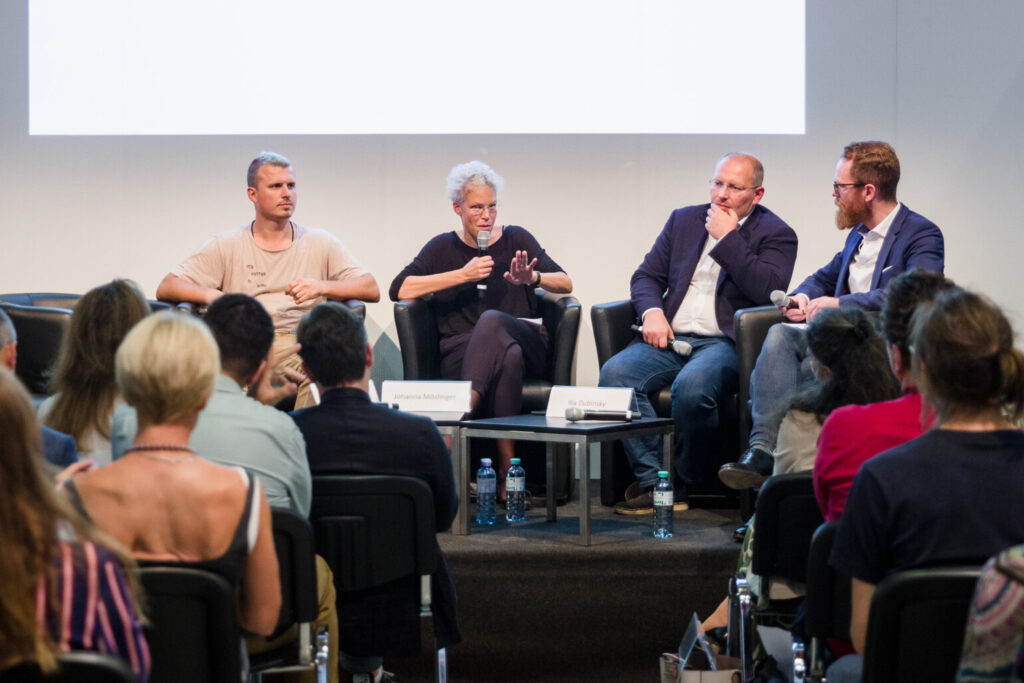
Becoming a Collector
Every collection is as unique as its collector; from its thematic focus to how its contents are acquired, there is no “right” way to build – and no one pathway to entry. But across every collection, one thing remains true: each individual addition enhances the value of the whole. The barriers may seem high, but the most thoughtful collections aren’t often inherited: they are built, with passion and curiosity. In a candid, rare “fireside chat” style panel, contemporary collectors and advisors compare notes and share stories about how they got into acquiring art.
- TALK
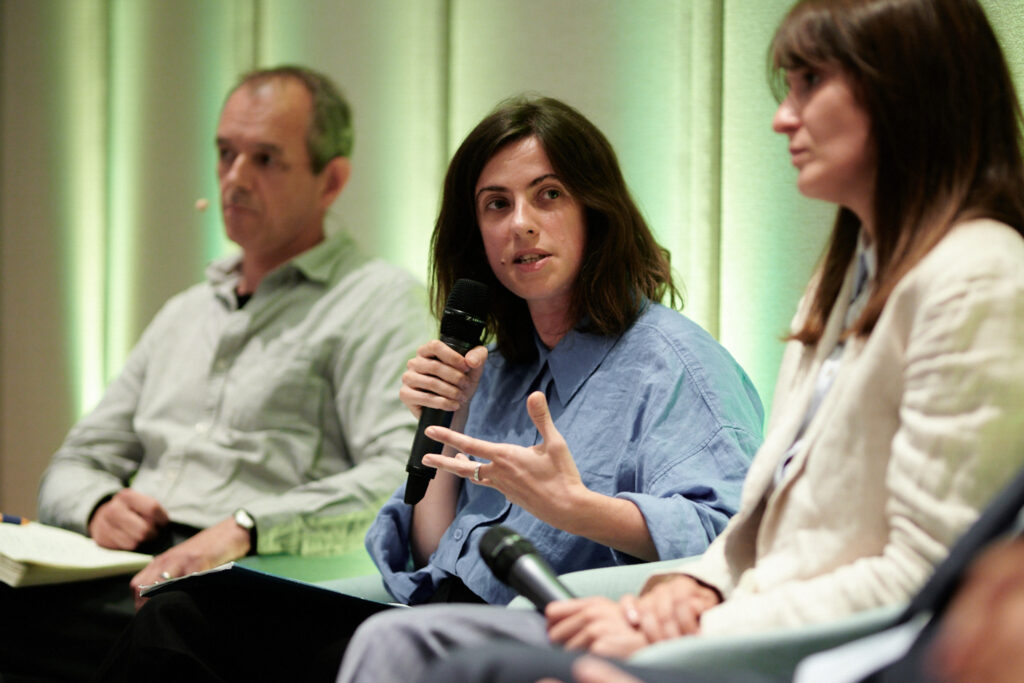
VCT STATEMENT: Nexus Thinking – Energy, Future, and Sustainability in CEE Regions
After the experiences of war and the pandemic, regions in Central and Eastern Europe (CEE) face new challenges in the future of energy supply and transformation towards sustainability. The recent events have underscored the fragility of independence and democracy, prompting a shift towards local and regional solutions within the CEE and DACH regions. The discussion aims to explore strategies to enhance energy resilience and sustainability in the face of these contemporary challenges.
- TALK
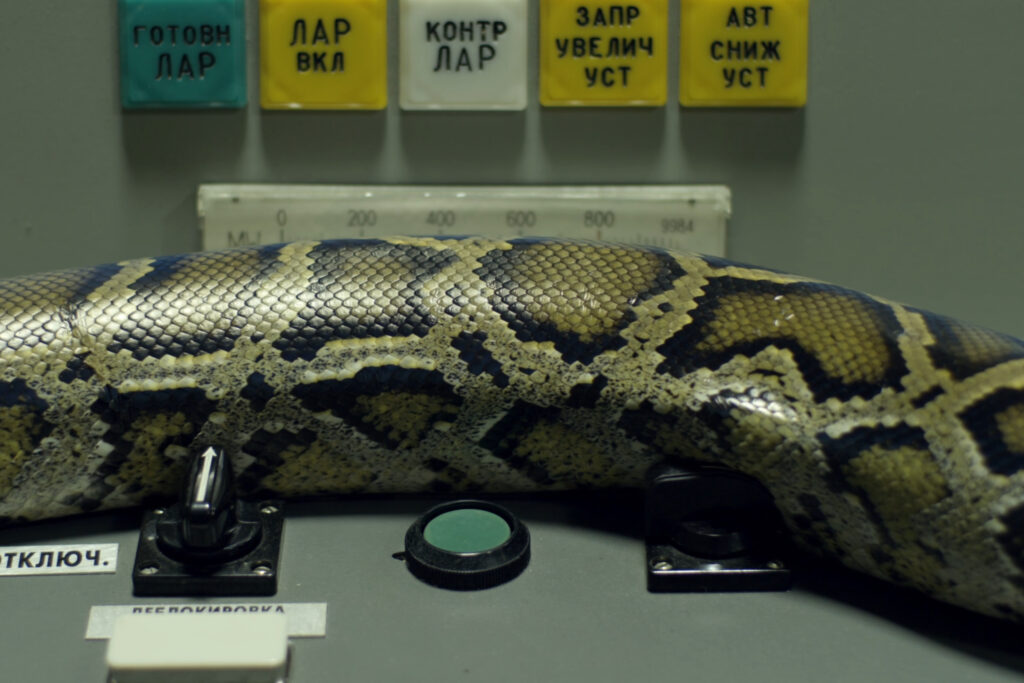
VCT STATEMENT: Nexus Thinking – Energy, Future, and Sustainability in Art
Do collective, cross-generational art experiences exist that make global issues such as human-made environmental destruction, climate change, species extinction, and advancing technologization tangible? In collaboration with Klima Biennale Wien, viennacontemporary examines the influence of courageous and critical art that questions artistic, political, and social conventions and may offer new answers to the energy crisis, the future, and sustainability.
14. September
- TALK
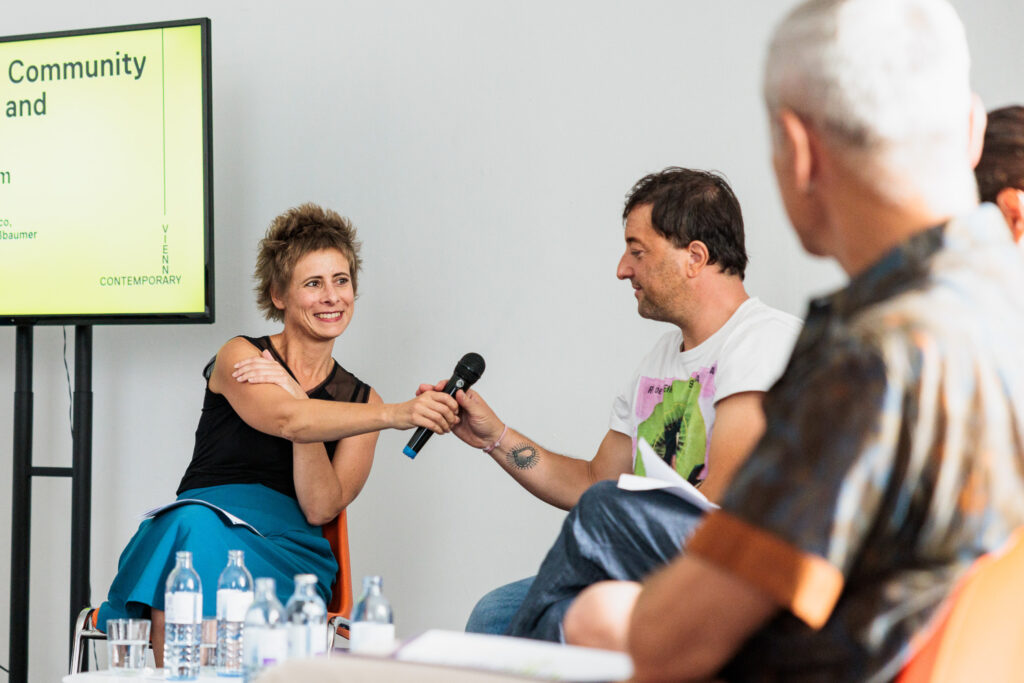
Art Fair City
Contemporary art fairs and the collateral programs that sprout up around them have had no small impact on the identities of the cities that house them. Basel springs to mind as one locality that has been irrevocably shaped as a destination and international brand by the global art fair named after it – despite being Switzerland’s third most populous city, and a centuries-old hub of culture and learning.
- TALK
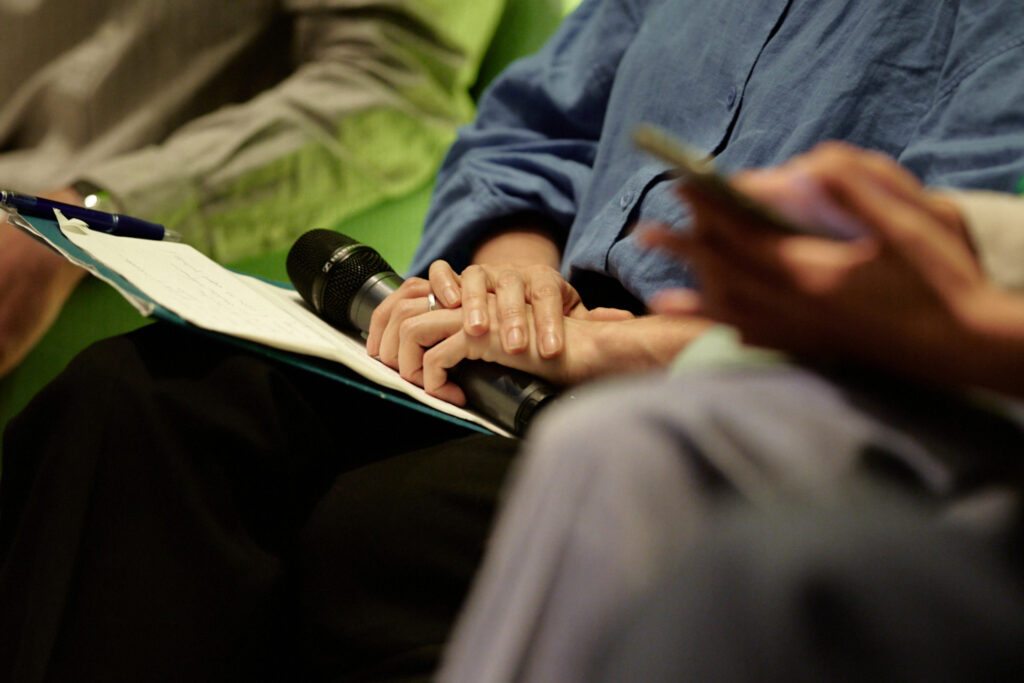
New Models of Curating
How do curators and institutional directors from across Europe approach curation? The discussion with this year’s participants of Join the Conversation will explore some of the current concerns, new ways of production, and changing ideas around exhibition making. What is the role of the curator today and how can that be reimagined?
15. September
- TALK
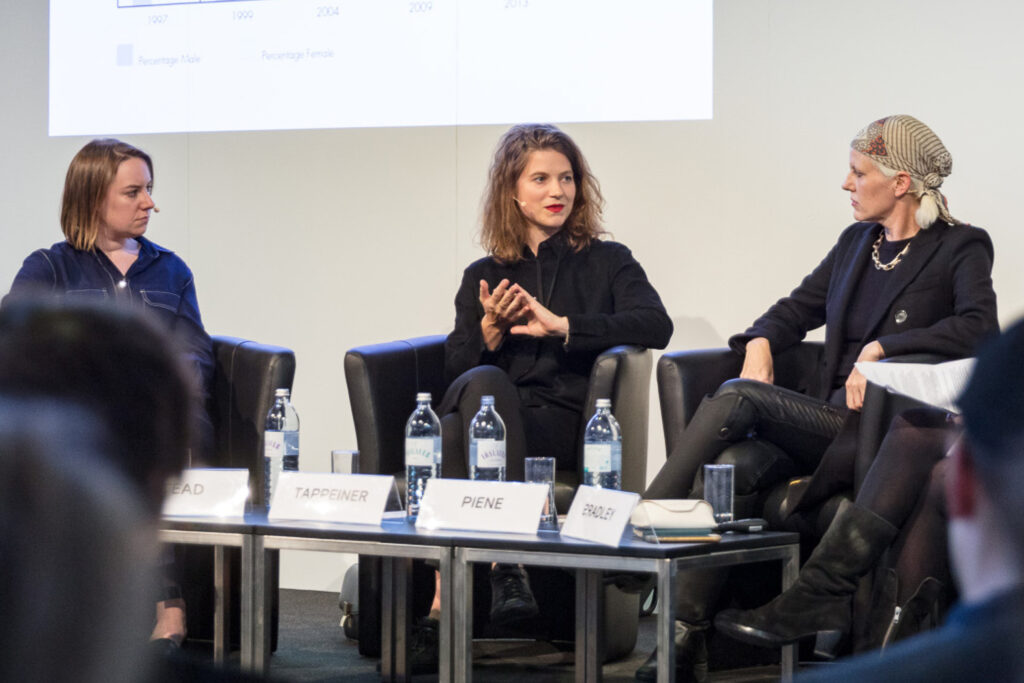
The Possibility of a Region
In an increasingly networked, hyperconnected world, what is the value of regional cultural ecosystems? And, in a world in which monolithic ideas of nationhood and belonging continue to have catastrophic consequences, how should arts institutions build ties and identify with their neighbors?

